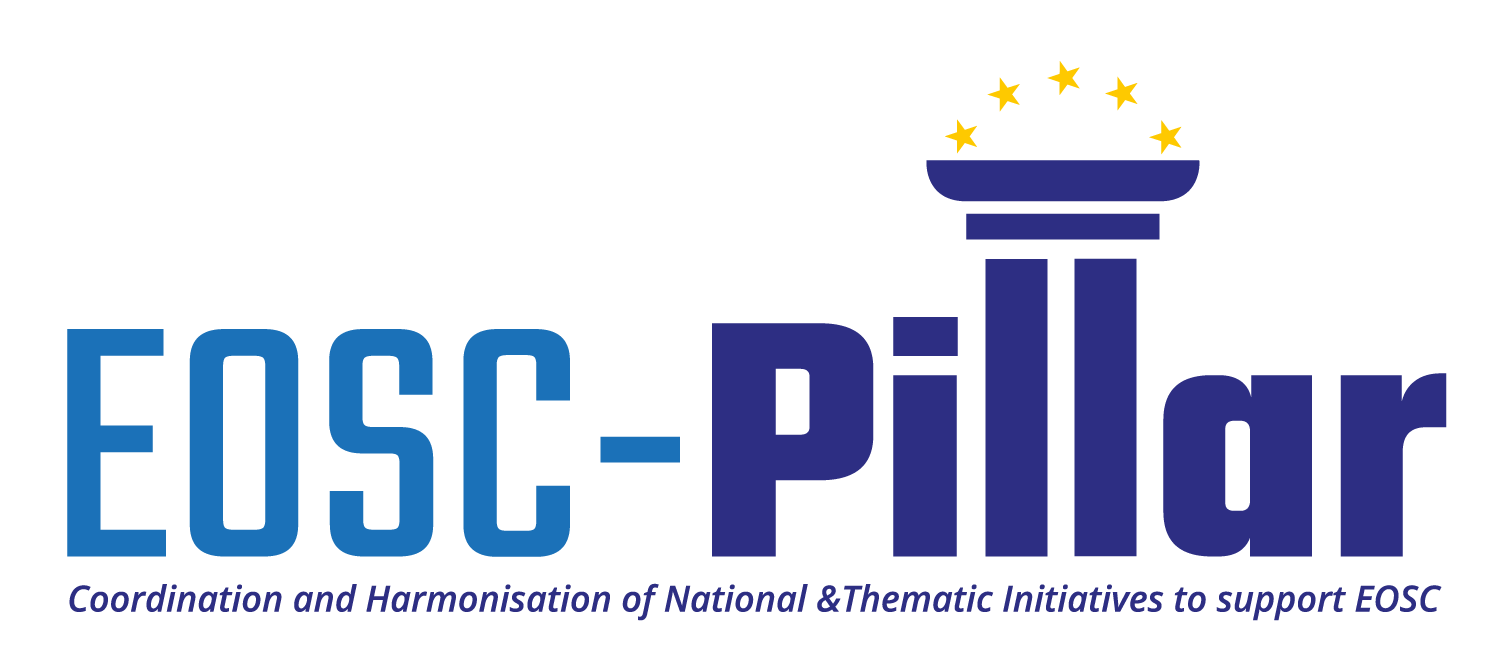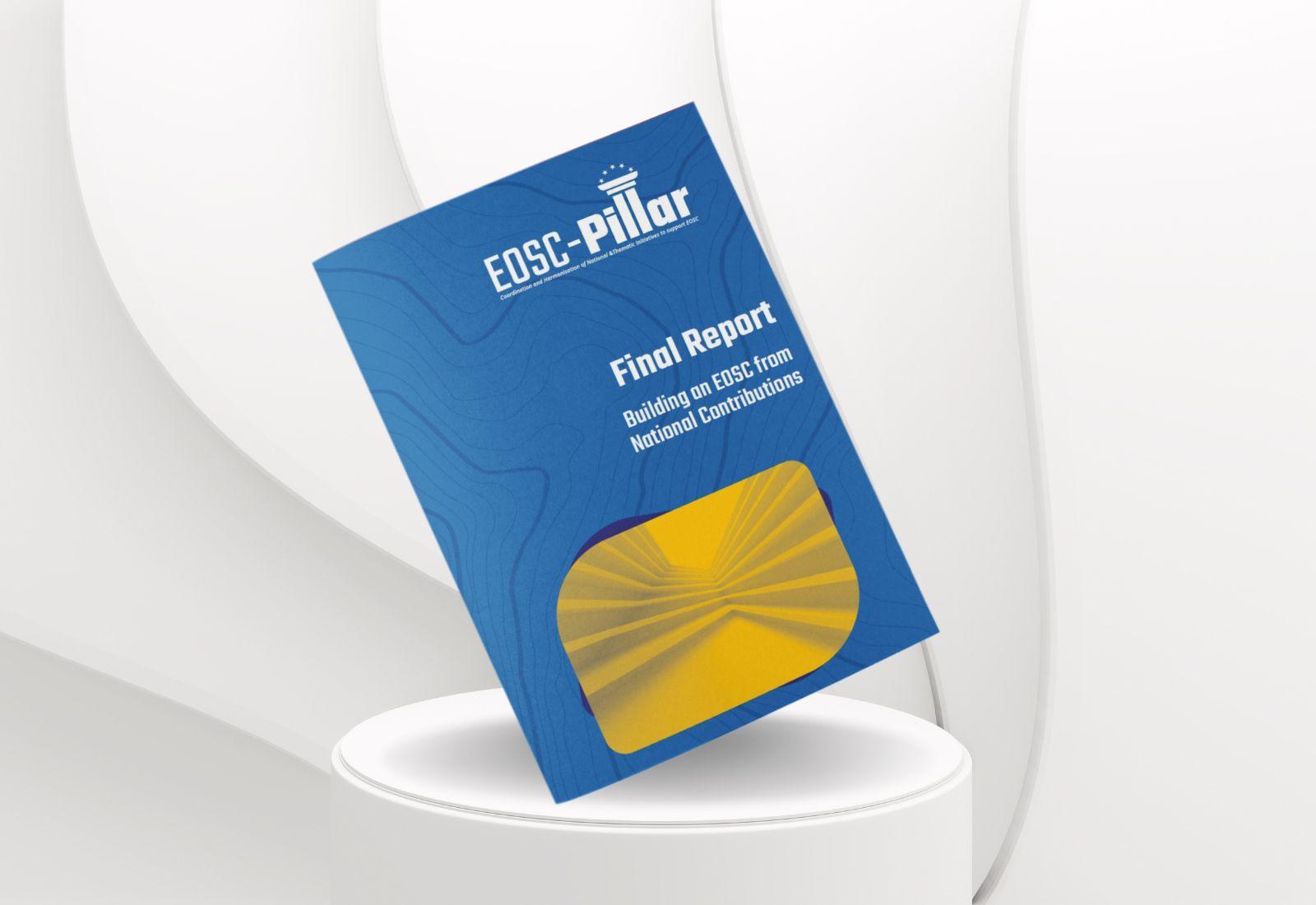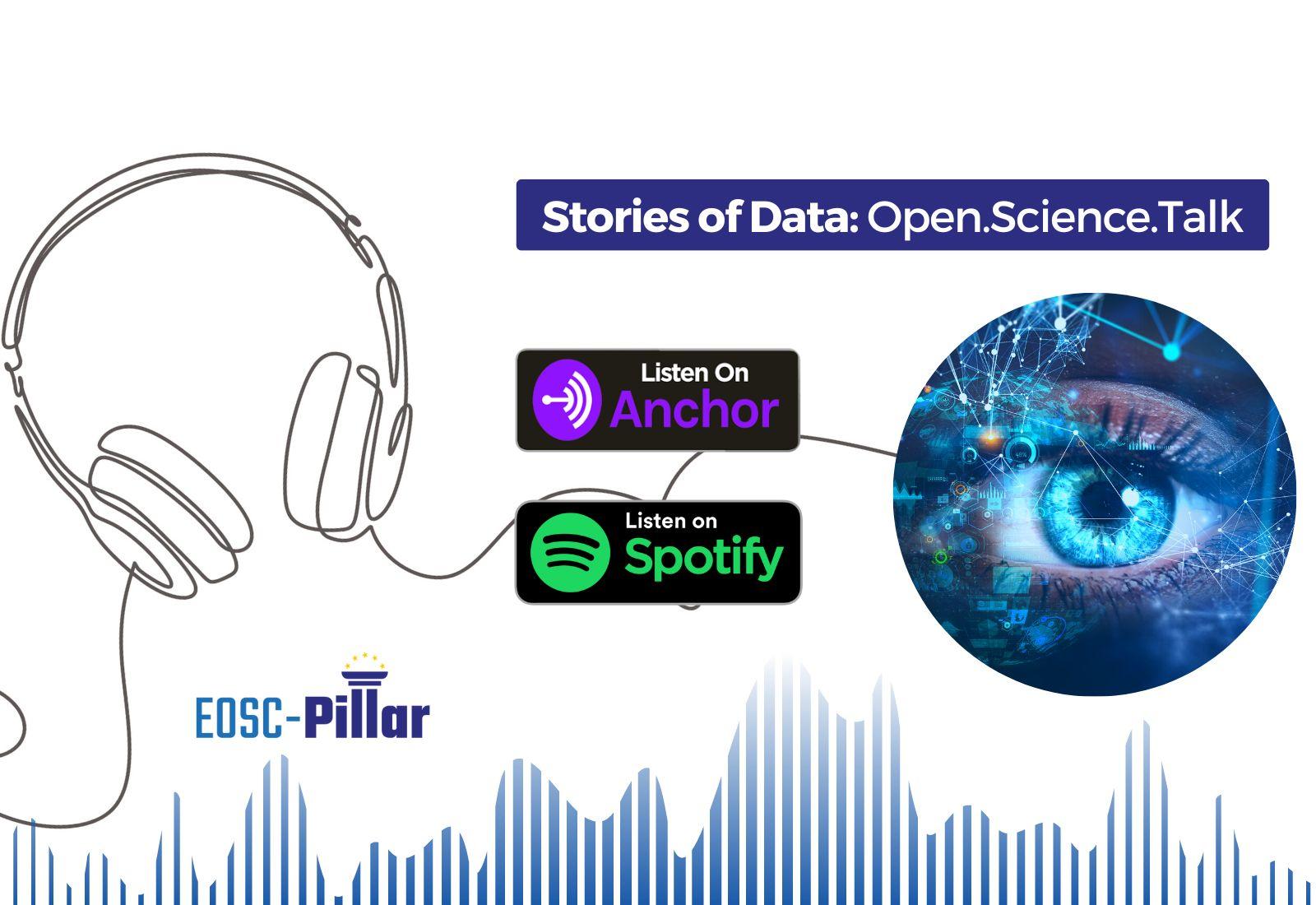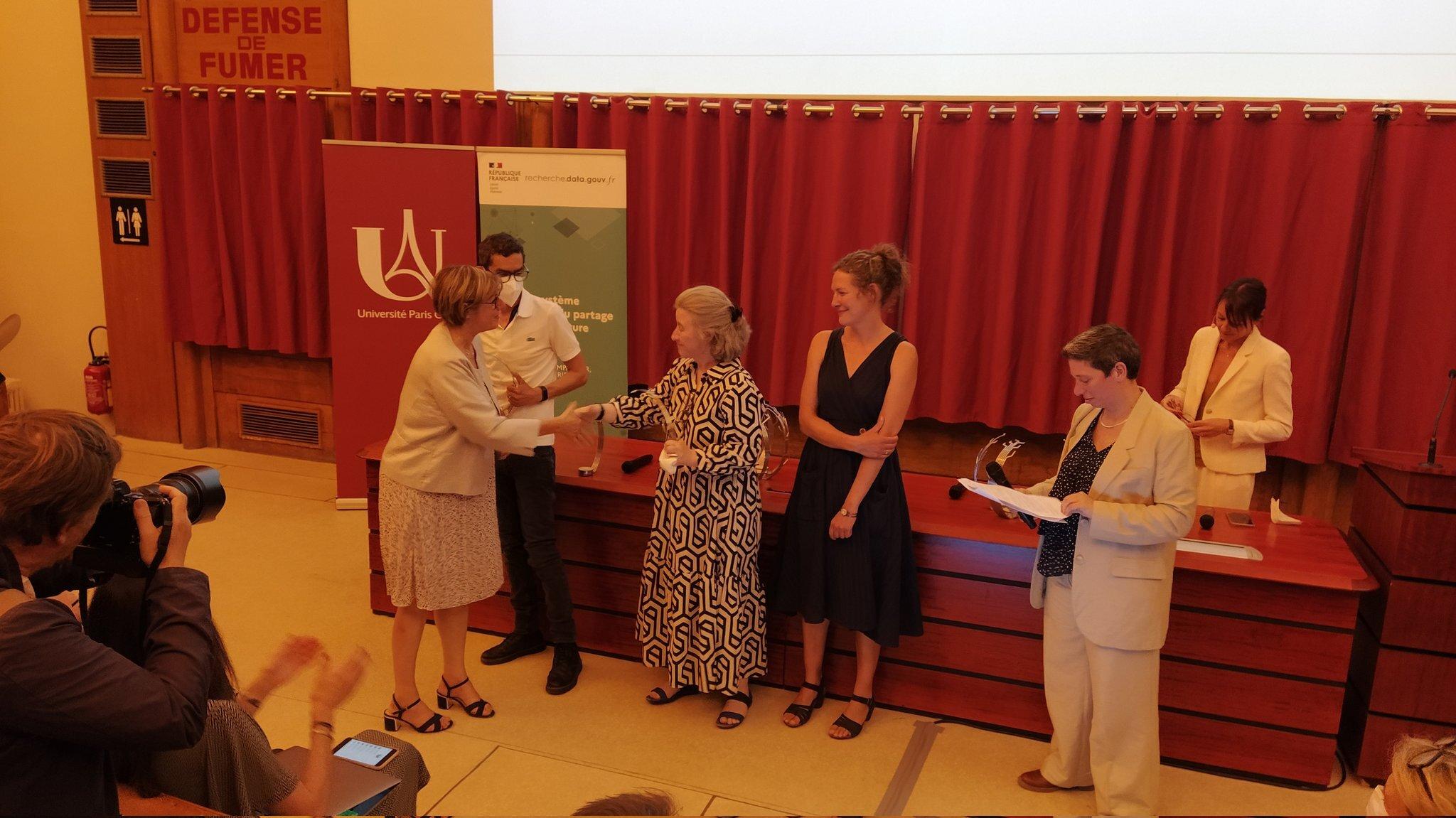
Open Science FAIR 2021
September
20,
2021
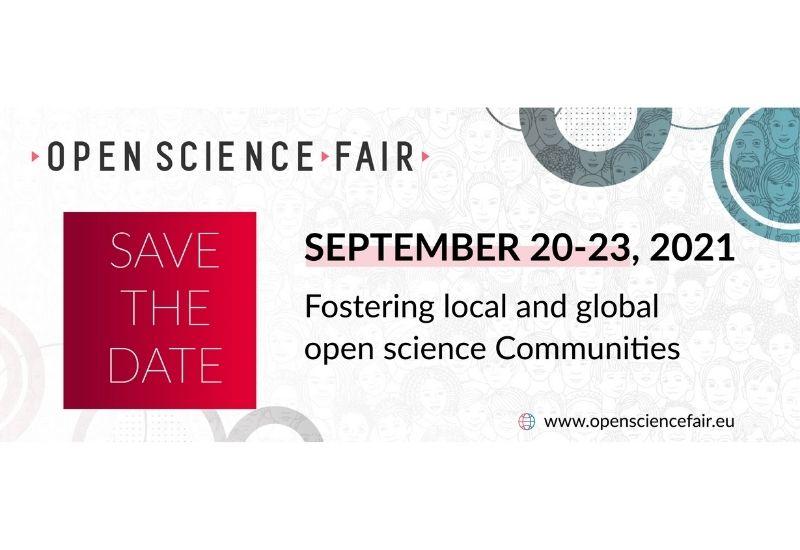
20 September 2021 - 15:30 to 23 September 2021 - 18:30
Online
Open science (also referred to as open scholarship) is at a crossroads. Implementation and adoption are progressing, with researchers, research institutions, funding agencies, service providers and infrastructures all engaging at various levels. However, different models are emerging which produce a seemingly fragmented ecosystem and achieve small steps on top of traditional scholarly communication system. In order to enable international and interdisciplinary research, we need to ensure interoperability across communities and services while still maintaining our ability to support diversity of workflows and knowledge systems.
OSFAIR2021 was organised as an emblematic initiative of OpenAIRE, co-organised by key international initiatives in the area of Open Science: COAR, EIFL, Force11, LA Referencia, LIBER, OPERAS, Sparc, Sparc Europe.
OSFAIR2021 brought together and empowered open science communities and services; to identify common practices related to open science; to see what are the best synergies to deliver and operate services that work for many; and to bring experiences from all around the world and learn from each other.
EOSC-Pillar at the OSFAIR2021
Please find below the recordings of the sessions EOSC-Pillar was involved in through the week.
The EOSC-Pillar RDM Training and Support Catalogue
Let's discuss about FAIRifying OS policies
The development and alignment of policies relating to Open Science (OS) are crucial for the successful implementation of EOSC. Currently, a multitude of policies exist at various levels (national, funding body, publisher and organisational). Among these, there are observable differences in the expectations on researchers around data management planning, data handling, and data accessibility.
The lack of harmonisation across these policies causes confusion among those who need to comply with them, limit cross institutional data use and can hinder rather support uptake of Open Science practices. For example, there are great variations in how data protection and intellectual property are addressed and there could be legal consequences that a researcher in an international collaboration may need to be aware of. To avoid difficulties, the content of the policies themselves needs to be made FAIR to enable clear comparison by both human and machines.
Several INFRAEOSC projects have been working to develop recommendations to facilitate policy alignment across the European Research Area with the ultimate aim of realising the EOSC vision. In this workshop, organised by the InfraEOSC-5 Task Force on National Policies and Governance, we introduced some of the practical recommendations relating to the findability, accessibility, interoperability and reuse of OS policies and work to collectively draft a set of “5 key actions towards common open science policies”.
This workshop was targeted toward policymakers and members of transnational collaborations at all levels and aims to foster the emergence of a community of practice that can help put the 5 key actions into practice.



